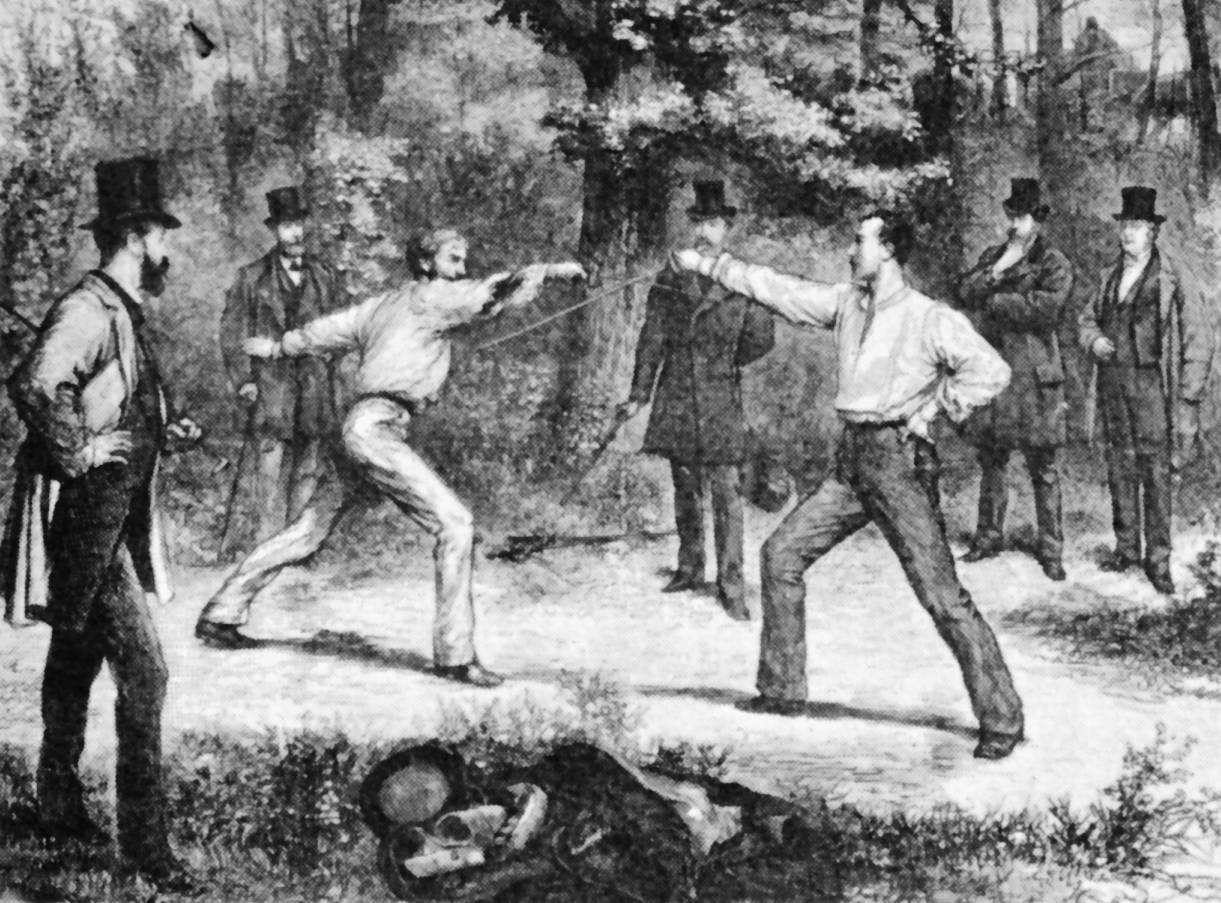
🔎 Overview: Public Fighting vs. Self‑Defense
In Maryland, any physical fight in public—even if both parties consent—is not legal. Such altercations likely qualify as an affray, a crime under state law that penalizes fights disturbing public peace. It’s important to understand how mutual combat differs from lawful self‑defense.
1. What Does “Fighting in Public” Mean?
A public fight involves physical altercations in spaces like streets, parks, schools, or businesses. Even if participants agree to fight, Maryland treats these events seriously due to the risk to bystanders and public order.
- Mutual combat occurs when both parties consent to fight.
- But consent does not legalize the fight under Maryland law.
2. Affray: When Fighting Becomes Illegal
An affray is classified as a misdemeanor in Maryland. Key elements include:
- A public setting
- A physical fight involving two or more people
- Behavior that disturbs public tranquility
This means: is fighting in public illegal? — Yes, if it causes a public disruption, it can lead to criminal charges such as an affray.
3. How This Differs from Self‑Defense
- Self‑Defense requires:
- A genuine belief of imminent harm
- A reasonable response using appropriate force
- No more force than necessary
- Mutual Combat lacks these protections—both parties willingly participated, eliminating the self‑defense defense.
4. When Public Fighting Leads to Serious Charges
Even consensual fights can escalate charges if they involve:
- Injury: Significant harm can lead to assault or battery charges.
- Weapons: Introducing weapons can increase charges to felony level.
- Public spaces: Fighting in schools or parks adds penalties for disturbing public order.
Example: Fights in school zones may trigger charges under statutes aimed at preserving a safe educational environment.
5. Possible Legal Defenses
If you’re charged under Maryland’s affray or related statutes, defense strategies might include:
- Lack of consent: Arguing the other party didn’t truly agree.
- Self-defense claim: Showing your actions were legally justified.
- Evidence issues: Pointing out procedural errors or lack of proof.
- Mitigating factors: Emotional distress, provocation, and intent matters.
6. Consequences for “Fighting in Public”
Even a misdemeanor like affray can result in:
- Fines
- Probation
- Jail time
- A permanent criminal record
These outcomes can affect job prospects, housing opportunities, and further education.
✅ Summary: Yes – Fighting in Public is Illegal
- Yes, “is fighting in public illegal?” — In Maryland, public fights are illegal under the crime of affray.
- Even if both parties agree, participants can face criminal penalties.
- Only genuine self-defense provides a lawful excuse.
📞 Need Help?
Facing charges for fighting in public or related offenses? You deserve expert legal representation. Contact us today for a free consultation and you can take the first step toward resolving your case effectively.
